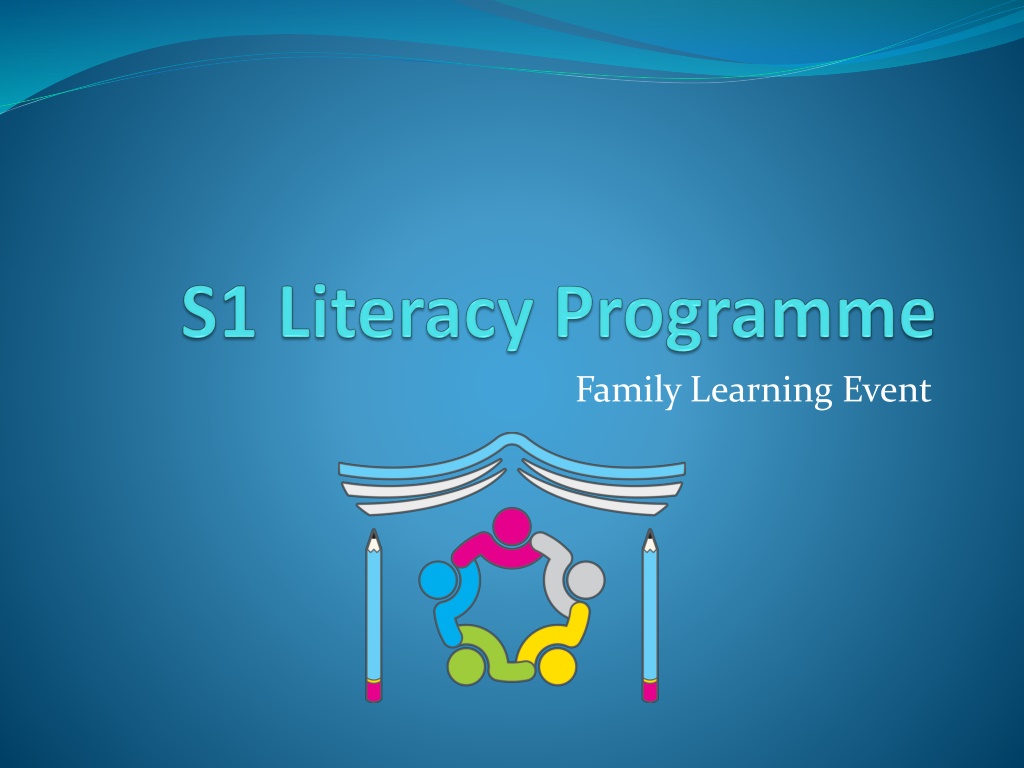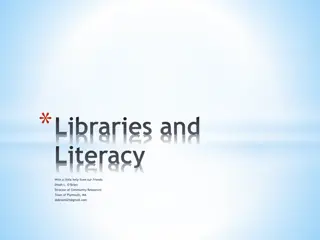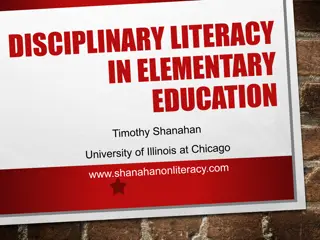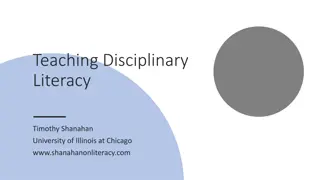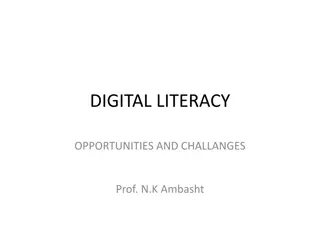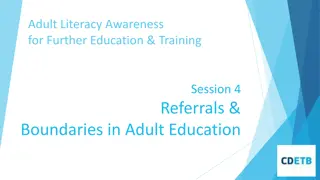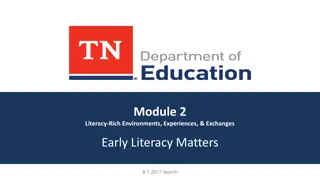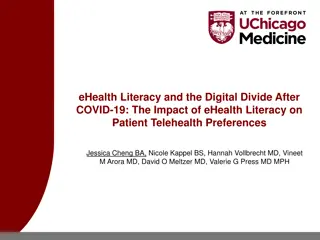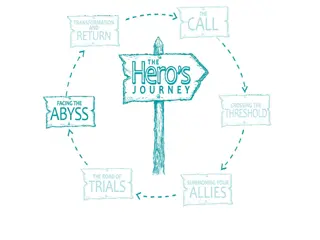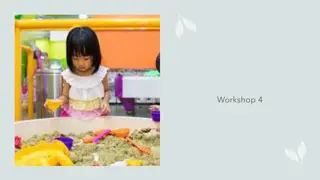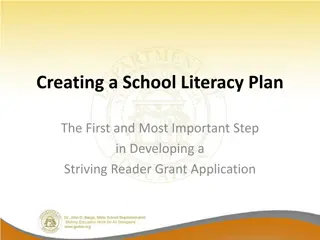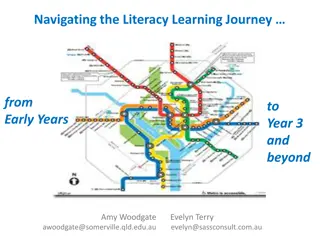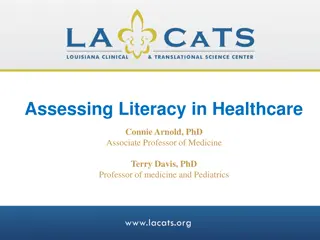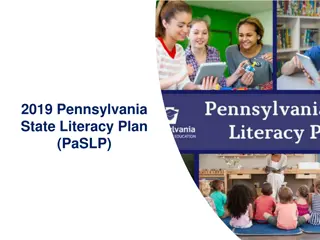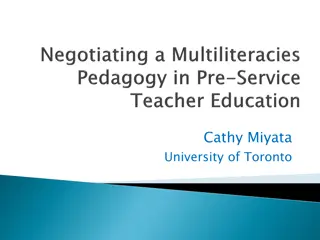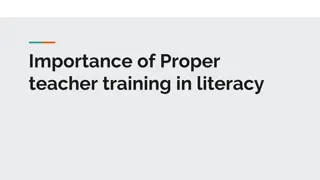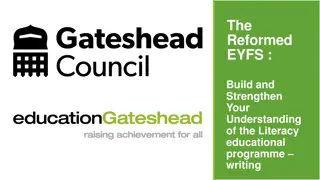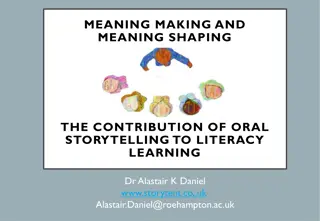Importance of Literacy in Education and Society
Literacy is a crucial skill that empowers individuals to fully engage in society and learning, enabling them to communicate effectively and access a wide range of information. It is a fundamental element of Curriculum for Excellence, contributing to the development of essential skills for children and young people. From understanding the definition of literacy to its practical applications in daily life and education, this content highlights the significance of literacy across various contexts.
Download Presentation

Please find below an Image/Link to download the presentation.
The content on the website is provided AS IS for your information and personal use only. It may not be sold, licensed, or shared on other websites without obtaining consent from the author. Download presentation by click this link. If you encounter any issues during the download, it is possible that the publisher has removed the file from their server.
E N D
Presentation Transcript
What is Literacy? Literacy is defined as the set of skills, which allow an individual to engage fully in society and in learning, through the different forms of language and the range of texts which society values and finds useful. Curriculum for Excellence: literacy across learning principles and practice
Literacy is all around us... streetsigns-thumb cellphone imobile_cellphone_watch Elder%2520computer%2520lab%25203 lenovo-i909-nes-gaming-phone1 i_love_blogging downloading podcasting 42-17316613
Why literacy? Literacy, alongside numeracy and health and wellbeing, sits at the heart of Curriculum for Excellence, as a key element of the knowledge, skills and attributes which equip children and young people for learning, life and work . . . Literacy and language unlock access to the wider curriculum and lay the foundations for communication, lifelong learning and work, contributing strongly to the development of all four capacities of Curriculum for Excellence 3-18 English & Literacy Review, Education Scotland
Test yourself i before e, except after c? How many c and how many s ? Practise or practice? Past or passed? Punctuation saves lives!
The new S1 Literacy Programme 1 period each week of dedicated, focused teaching Pupils will attend a specified literacy class, rather than their regular English class 6 literacy classes will allow for reduced pupil numbers and increased teacher support Classes will cover written literacy skills, including weekly spelling, punctuation and grammar work
Homework Programme Online homework activities through the use of Studyladder an internet-based learning program A free resource that provides interactive activities for pupils to practise their skills in a variety of subjects Activities set by the teacher, appropriate to the level of the pupil
Studyladder After completing set tasks, pupils can attempt any other activities on the site, up to a maximum of 3 per day. Parents can sign up too and link their account so as to monitor the progress their child is making Teachers are able to see all information on pupil progress, with a traffic light system clearly identifying the areas of strength and development. The site is designed to be supportive to learners, with assistive tools such as electronic reads being build in
Family Learning Activity Practice session in ICT rooms on first floor 3 different activities to try Opportunity for any questions
